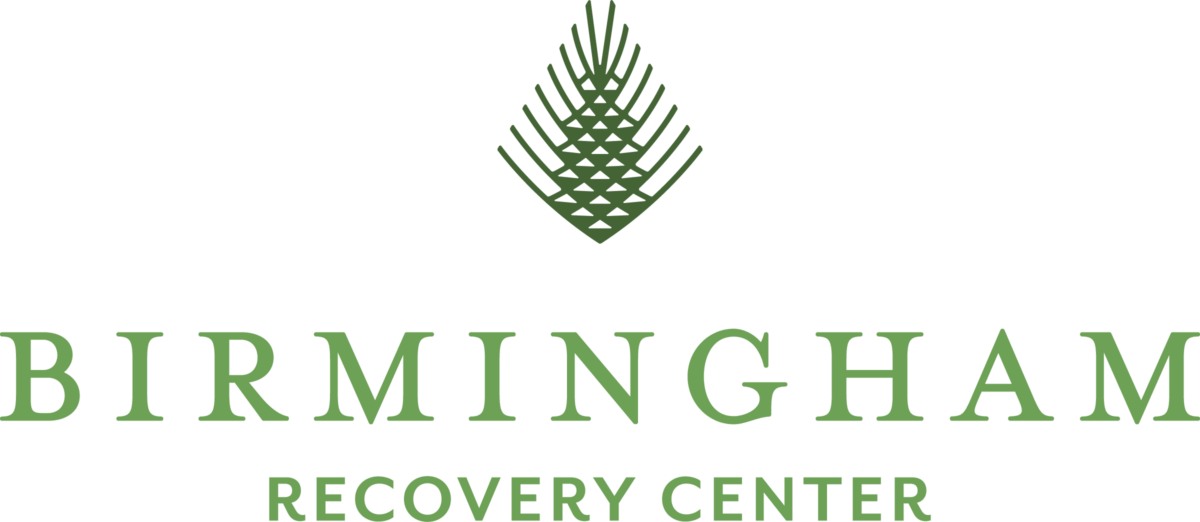Drug addiction not only affects people in the present, but it can also extend into how we might see the future. It’s easy to lose sight of the bigger picture when we’re preoccupied with the immediate problems at hand. Acceptance & Commitment Therapy is a type of psychotherapy in drug rehab that helps individuals in recovery overcome this hurdle. It provides an opportunity to identify your unique values and behaviors and guide you toward more meaningful goal-based actions. This approach focuses on living actively in each moment as well as striving for what you want out of life, both currently as well as years beyond today’s obstacles.
What Is ACT?
Acceptance & Commitment Therapy (ACT) is a unique approach in drug rehab that focuses on mindful acceptance and commitment. Rather than solely trying to control or eliminate negative thoughts and feelings, ACT encourages individuals in recovery to accept them as part of their experience without judgment. The goal is not just to manage symptoms but also to build psychological flexibility—the ability to be open and aware of our experiences while still taking action according to our values.
This form of therapy also encourages individuals in recovery to shift from avoidance or control “mode” to more mindful, values-oriented action. ACT teaches that although we can’t always control the thoughts and feelings we have, we can choose how to take action based on what is truly important. Through ACT, individuals in drug rehab experience a greater sense of agency in their lives and an increased ability to make necessary changes to achieve long-term sobriety.
The Six Core Processes
ACT has six core processes, each of which is essential to the development of psychological flexibility. They include:
- Acceptance
- Cognitive Defusion
- Being Present
- Self as Context
- Values
- Committed Action
1. Acceptance
With this essential process of Acceptance & Commitment Therapy, the idea is to understand that resistance and avoidance will not ultimately help you cope with the difficult emotions associated with drug addiction. Rather, it involves accepting your feelings in a non-judgmental way, allowing them to be part of your experience but not necessarily trying to control it. It is about being open to seeing things from different perspectives and learning to live in the moment rather than letting negative thoughts and emotions consume you.
For example, if you find yourself feeling overwhelmed or anxious in drug rehab, ACT can help you become more aware and accepting of these feelings, helping you to move forward with your values-based goals despite difficult thoughts and emotions.
2. Cognitive Defusion
The cognitive defusion process is all about shifting away from rigid thought patterns that can keep us stuck in our own mental prisons. The person in drug rehab learns how to recognize their own thoughts as separate from their identity rather than believing them to be true reflections of who they are. It also aims to help people identify when they’re caught up in thinking loops that lead to negative outcomes. By recognizing how we process our thoughts, we can make conscious decisions about each action we take in response rather than blindly following automatic habits that can lead us astray.
For instance, it might involve recognizing when your inner critic is speaking too loudly, then using exercises like breathing or creative visualization to separate yourself from those thoughts. Another way of practicing cognitive defusion is by using the technique of labeling. If you find yourself lost in your thoughts a lot during drug rehab, rather than jumping to conclusions, practice saying, “I’m worrying,” “I’m judging,” “I’m remembering,” or “I’m planning.” Using a simple label for your thoughts can help to reduce its power over you.
3. Being Present
In ACT for drug rehab, this core process is all about cultivating a mindful awareness of what’s happening in your body, mind, and environment at any given moment. It helps individuals to become more present in their own experience rather than being distracted by unhelpful thoughts or worries about the past or future. This includes paying attention to physical sensations like breathing or heart rate, noticing emotions as they arise and pass, as well as simply observing your surroundings with non-judgmental eyes.
4. Self as Context
In drug rehab, this ACT process is about recognizing that our thoughts and feelings are just temporary states of mind. It focuses on becoming aware that while our experiences can help shape us, they don’t necessarily define who we are or what we’re capable of doing. This is a powerful reminder that we have control over how we respond to situations, even if it doesn’t always feel like it.
It’s easy for us to hold stories about “who we are” based on titles, labels, and roles, but this isn’t reflective of our true identity. In fact, our feelings, thoughts, and experiences are constantly evolving, so it’s important to remember that we’re more than just a single moment in time. Being aware of this while in drug rehab can help you to actively choose how you want to move forward instead of letting your transient experiences run the show.
5. Values
Discovering our values can become a guiding force for the choices we make about who we want to be in the world and how we might want to serve others. Values provide a compass that guides us into action so that we can live up to our potential and move forward in life with purpose and intention.
It’s important to note that values are not just about doing what you think is the “right” thing—they should be based on what matters most to you personally. This makes them more meaningful and allows you to focus on creating positive outcomes rather than avoiding bad ones. For example, if self-care through art is an important value for you, then recognizing and acting on this can help you make decisions that allow for it in your life.
6. Committed Action
The final process of ACT in drug rehab is all about taking action based on what we’ve discovered in the previous five core processes. This involves setting goals for yourself that are aligned with your values and then taking small steps each day to move towards them.
Committed action also means following through with value-based decisions despite your emotional state—this could involve saying no to something that violates your boundaries or getting out of your comfort zone to try a new skill you’ve always wanted to achieve. Ultimately, it’s about finding what works best for you and taking action toward living a meaningful life.
Explore ACT Strategies at Our Drug Rehab in Birmingham, AL
Drug rehab is one example of committed action. It involves making a commitment to yourself—and those around you—that you will take the necessary steps to address substance abuse issues in order to ultimately improve your quality of life.
Birmingham Recovery Center strives to provide a safe, warm, and nurturing environment while offering the best possible care for our clients. We understand that addiction is complex and can affect each person differently, so we tailor treatment plans based on each person’s needs. For more information about our drug rehab in Birmingham, AL, please contact us today.

